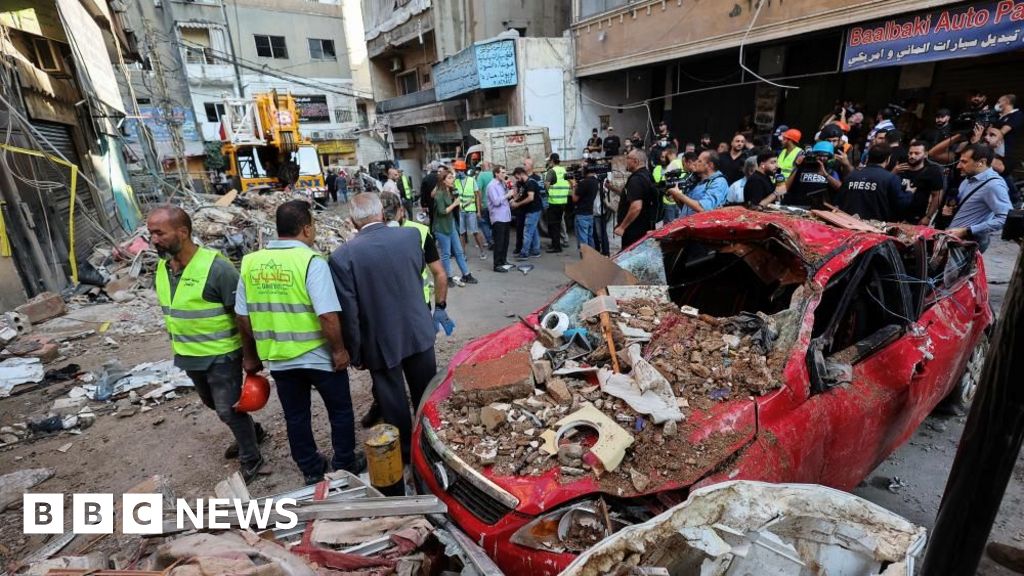The UK will send hundreds of troops to Cyprus to prepare for the possible evacuation of British nationals from Lebanon, No 10 is expected to announce.
Fighting between Israel and Iran-backed Hezbollah has intensified in recent days and around 10,000 UK nationals are still understood to be living in Lebanon.
Britain’s military has been preparing for months for the possibility of an emergency evacuation and the Foreign Office (FCDO) has urged British nationals to leave Lebanon.
Defence Secretary John Healey discussed the situation in the Middle East during a Cobra meeting held on Tuesday.
Speaking after the Cobra meeting, Healey said: “Our concern is always for the safety of British nationals and our advice to them is to leave Lebanon now, that hasn’t changed.
“This was a meeting simply to make sure that we’ve got plans in place for future developments.”
Asked if he feared a widening of the conflict, Healey said: “This was just about planning for future developments, our advice hasn’t changed.
“Don’t travel to Lebanon and if you’re a British national, leave now.”
Cobra – or COBR – meetings are named after Cabinet Office Briefing Room A on Whitehall.
It is an emergency response committee – a get together of ministers, civil servants, the police, intelligence officers and other officials appropriate to the situation they are looking into.
A senior military source told the BBC the UK’s next steps would depend on what Hezbollah and Israel do next and whether Lebanon’s international airport remains open.
As well as the RAF airbase at Akrotiri in Cyprus, the Royal Navy has two ships in the eastern Mediterranean – HMS Duncan, a Type 45 Air Defence destroyer and RFA Mounts Bay, a larger supply ship with landing craft.
The Royal Navy evacuated British nationals by sea during the Lebanon war in 2006.
Tensions have been growing across the Middle East since Hamas gunmen attacked Israel on 7 October last year, killing about 1,200 people and taking 251 others as hostages.
Previously sporadic fighting between Israel and Hezbollah escalated on 8 October – the day after Hamas’s unprecedented attack. Hezbollah fired at Israeli positions, in solidarity with Hamas.
Hezbollah has launched more than 8,000 rockets at northern Israel and the Israeli-occupied Golan Heights. It has also fired anti-tank missiles at armoured vehicles and attacked military targets with explosive drones.
Last week Hezbollah’s communication devices started exploding all across Lebanon.
Israel then launched a massive series of air strikes on Monday that have so far killed 560 people according to the Lebanese government.
Last year, the British government helped co-ordinate the evacuation of British nationals from Gaza, with some 200 UK citizens thought to be living in the territory before the war broke out.
Israel’s military campaign in Gaza has killed more than 41,000 people since 7 October, according to the Hamas-run health ministry.

